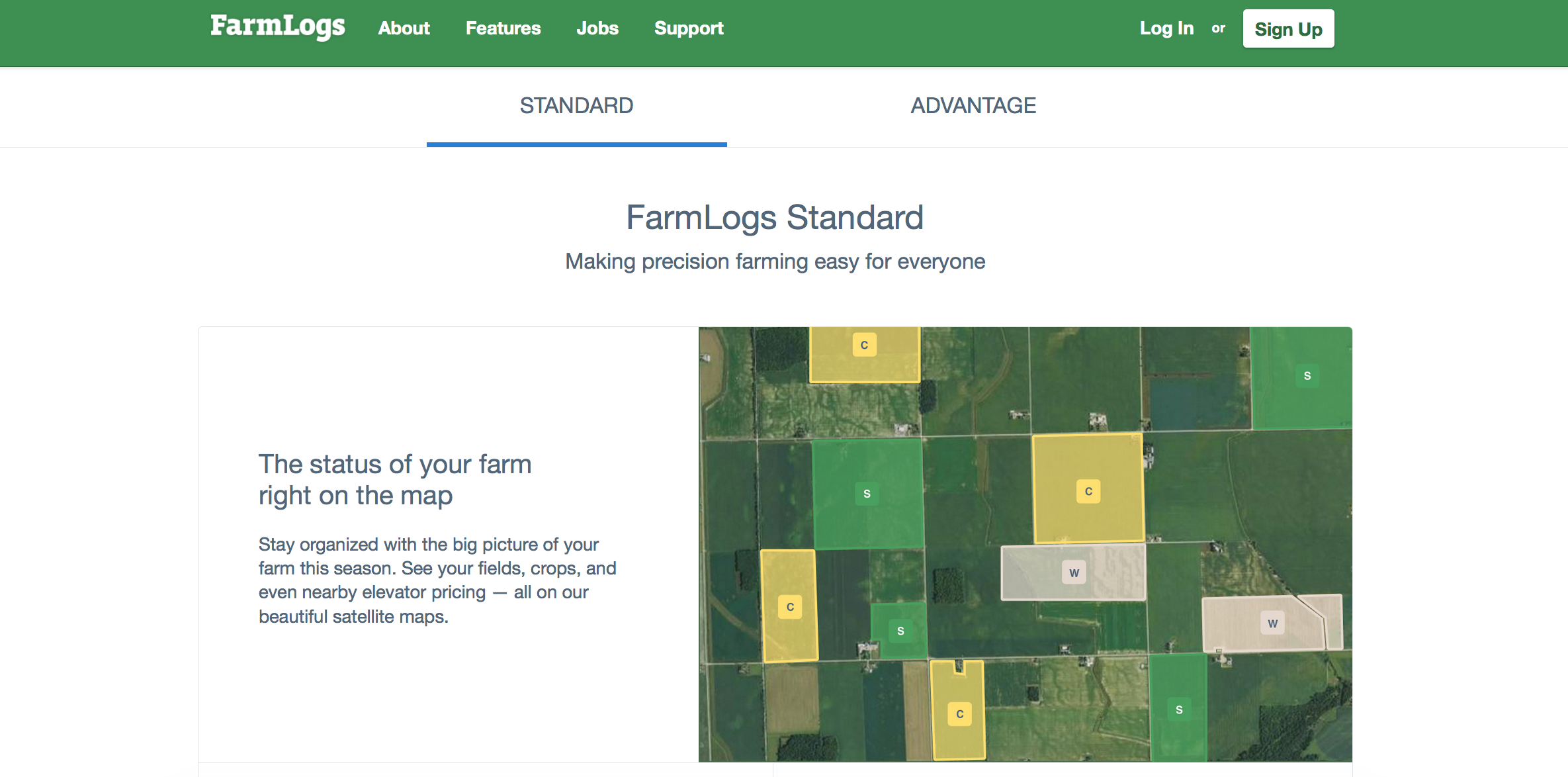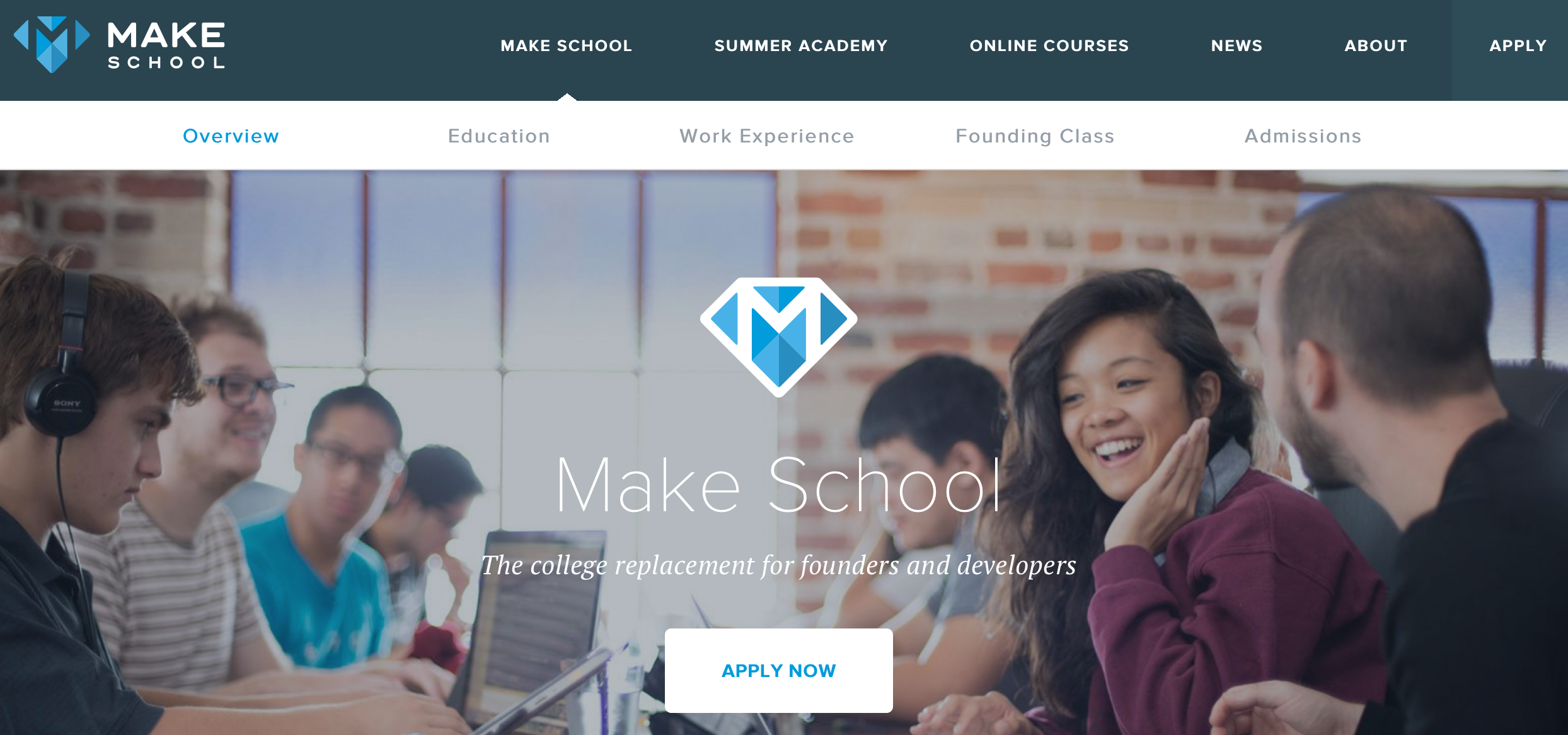Applying to Y Combinator Q&A Part II – Market Sector & Stage of Startup

If you’re applying to Y Combinator and have some questions about whether your startup or company is fit for Y Combinator, you may find this article helpful in determining if this is the right time to apply to Y Combinator, whether if you’re applying for the first time or if the next. The post is based on the Q&As during the Codementor Office Hours with YC Alum Ashu Desai, who is the founder of MakeSchool.
The Market Sector
Does Y Combinator Have a Market Sector Bias?
YC chooses from a range of different market sectors now, so it doesn’t matter whether the company is focusing on consumer web, enterprise things, or things aren’t super-tech related.
Back in the day, YC mostly founded consumer startups, but there are a couple of reasons for this. The first thing was that YC originally started as a summer program for college students, which meant they had a younger focus, and younger people typically think about consumer products they would use. So if you’re a college student, there are a lot of equipment, enterprise stuff, and hardcore technology you haven’t touched. If you haven’t seen something, you can’t really build a company around it.
Therefore, when Y Combinator started in 2005, they had a heavy influence on consumer startups. However, consumer startups are lower-hanging fruits. More people are exposed to the problems with social networking apps than they are with nuclear physics, for example, which is why more companies are being started around consumer apps than there are being started around nuclear physics. Thus, of the people who are applying to YC, there are more consumer apps. Although YC will take any applicant who is good, regardless of what industry or field they’re in, it’s just easier to build consumer apps than it is to build nuclear reactors.
That being said, there have been a few nuclear energy companies in the last few YC batches, so no matter what you are building, YC will invest in you if it’s a big idea, if it’s a cool idea, and if they believe in your team. It really doesn’t matter what market sector you’re from.
All sorts of companies that have gone through YC now, and obviously most of them have some sort of technology that makes them original, but it could just be a new business model. It could just be taking some offline behavior and bringing it online, or something that’s really hardcore physics or biomedical related, etc. They really don’t have a bias in terms of selecting companies. They have more experience with consumer companies, but at the same time, you can find a lot of value even if you’re not in that mode.
Domain Expertise
Basically what Y Combinator is trying to understand is: Why are you the right people to do this company?
For example, I’m a twenty-two year old guy and if I am trying to start a website for eighty-five year old grandmas, I don’t have very much domain expertise there because I don’t understand what are the problems eighty-five year old grandmas face. I don’t understand what it is that they’re feeling, and so on.
So, if you have domain expertise, it helps you build a product that is relevant for your customers. YC always says, “Build something people want.” But a step further than that is: build something that you want.
If it’s a problem you’ve personally faced before, then chances are you can design a better experience for other people like you, and the other customers of that product are people like you.
Y Combinator also wants to know if you understand this market to some degree. If you have domain expertise, not only do you understand the customers, but you understand what the market dynamics are like. So if you’ve been working in advertising for a long time and you’re starting a company around marketing, that’s generally a good sign.
For us, our domain expertise came from the fact that we went to college and it was a bad experience for us. So, it was easier for us to say, “What if we could design the experience that we wish existed?” The other piece of domain expertise we had and nobody else had was that we were the only kids that, when we were in high school, the App Store existed. Anyone older than us, the app store did not exist when they were in high school. This whole idea of a teenager building an app and it being really successful was not possible for anyone older than us, so we had a certain understanding of that domain and that ecosystem. This allowed us to be able to create MakeSchool.
If You have a B2B Startup
Should you take the same approach as B2C startups and have a complete product before applying to Y Combinator?
It really depends on your company’s product, but products are never complete.
 If you look at the biggest B2B products right now, look at Salesforce. What does Salesforce look like now, and what did it look like five years ago? It is a much more complete product today than it was five years ago. So, five years ago, it was a much less complete product.
If you look at the biggest B2B products right now, look at Salesforce. What does Salesforce look like now, and what did it look like five years ago? It is a much more complete product today than it was five years ago. So, five years ago, it was a much less complete product.
You’d generally want to launch with an extremely simple product you cannot live without. So if you’re building a B2B product, there has to be some feature so critical people right now cannot live without it, and they’re desperately using a shitty or poor software right now.
One example was FarmLogs. Farmlogs was a company in our YC batch, where they were building software for farmers who have been scheduling with Google Docs and abusing it for crop cycles, etc.

The first product FarmLogs built was just simply a better calendar with a focused design for farms. Once they shipped that product, a lot of farms started using it, and they really liked the utility of that one small feature in that product.
In B2B, the idea’s that you land and expand, right? You want to close those customers on simple products first, and once you have those customers, it’s easy for you to upsell other features or products in the future. You want a really simple product you can get a few companies starting to use and then continue to build out from there.
The Stage of Your Startup
Would YC consider your startup if you’ve implemented solution but don’t have any users yet?
YC definitely takes startups at all stages, but in reality, your chances of getting in are much more likely if you show them you can have users. If you’re at a point where you just built a product and haven’t launched it yet, that’s a much better place to be in. If you’ve launched a product and it’s been five months since you’ve launched the product, and you still don’t have many users, that’s generally a bad sign. The question then will be: What were you doing with that?
YC also gives you the advice that you should launch as early as possible. You shouldn’t spend a lot of time building the most complex product—you should build something very small. Once that very small thing is done, you should just ship it and try to get people to use it, because then you can validate much quicker whether that idea’s good and whether people what to use your product. It’s the kind of thing where if you have something already, just ship it. Ship it today. If you have an implemented solution, ship it today, try to get people using it ASAP. That’s the best thing you can do.
That being said, just apply anyway because you can apply this time, and if you don’t get in, that’s fine. It actually will slightly increase your chance of getting in next time because again, YC is just like other investors: they want to see growth. So if you apply right now saying, “Hey we built our product but we have no users,” and then you apply again six months later saying, “Hey not we have ten thousand users,” that will signal that you actually have some capacity to get people using your product.
Advice for Applying to YC More than Once
YC will be looking for progress, right? So if you applied the first time with just an idea and the second time you apply, you’ve built a product and the third time you apply, you have traction, that’s sort of good progress. If you had a product and you had no users, and then six months later you applied and you still had no users, that’s a bad sign for them, right? You’ve shown that in the last six months you’ve done absolutely nothing. They want you to focus on the really important work: getting users. That’s the only important thing. If it’s taking you six months to build a product, that’s also kind of bad because they want people to launch products immediately.
While we were building our website and tutorials for MakeSchool, before we had everything ready, we started testing it out with twelve students at our old high school to have them do our tutorials.

We were just one day ahead of our students in terms of our tutorials, where we would build a tutorial, the next day the students would learn it, the next day we build a tutorial, the next day the students would learn it, etc. This meant we launched as soon as possible and got people using our product as soon as possible. A lot of times people get caught up in the idea of making a perfect and complicated product.
Paul Graham’s advice on this is: if what you’re building has even one marginal quantum of utility to someone, if it’s even going to help them a little bit, launch that product. Get it out there, let people start using it, and then iterate on it as people are using your product.
If it’s taking you six months to build a simple app, that’s generally a bad sign and they’re not going to like that. So, if you’re applying again, you want to show some sort of progress and generally traction is the best progress you can show.
The Age of Your Company
Generally, I haven’t seen startups six or seven years into their company get into YC, because it doesn’t entirely make sense. If the startup or if the product is not growing that much, then it’s sort of like why will it grow more in the future?
Occasionally, companies that have been around for a couple years have gotten into Y Combinator. It took those companies a while to figure out what they were doing, but after a few years they figured out what the right product was, and then that product seemed to be growing really fast. Those kind of products definitely could get your company into YC.
Again, growth is the only thing that matters. If it turns out your company only grew at 2x at the first five years, but then in the last year your company is growing 10x, then that’s great, right? Then YC will care about that. If you can show that, it doesn’t really matter how long ago the company started. However, usually companies that have been around for six or seven years will not hit that exponential growth curve they are looking for.


